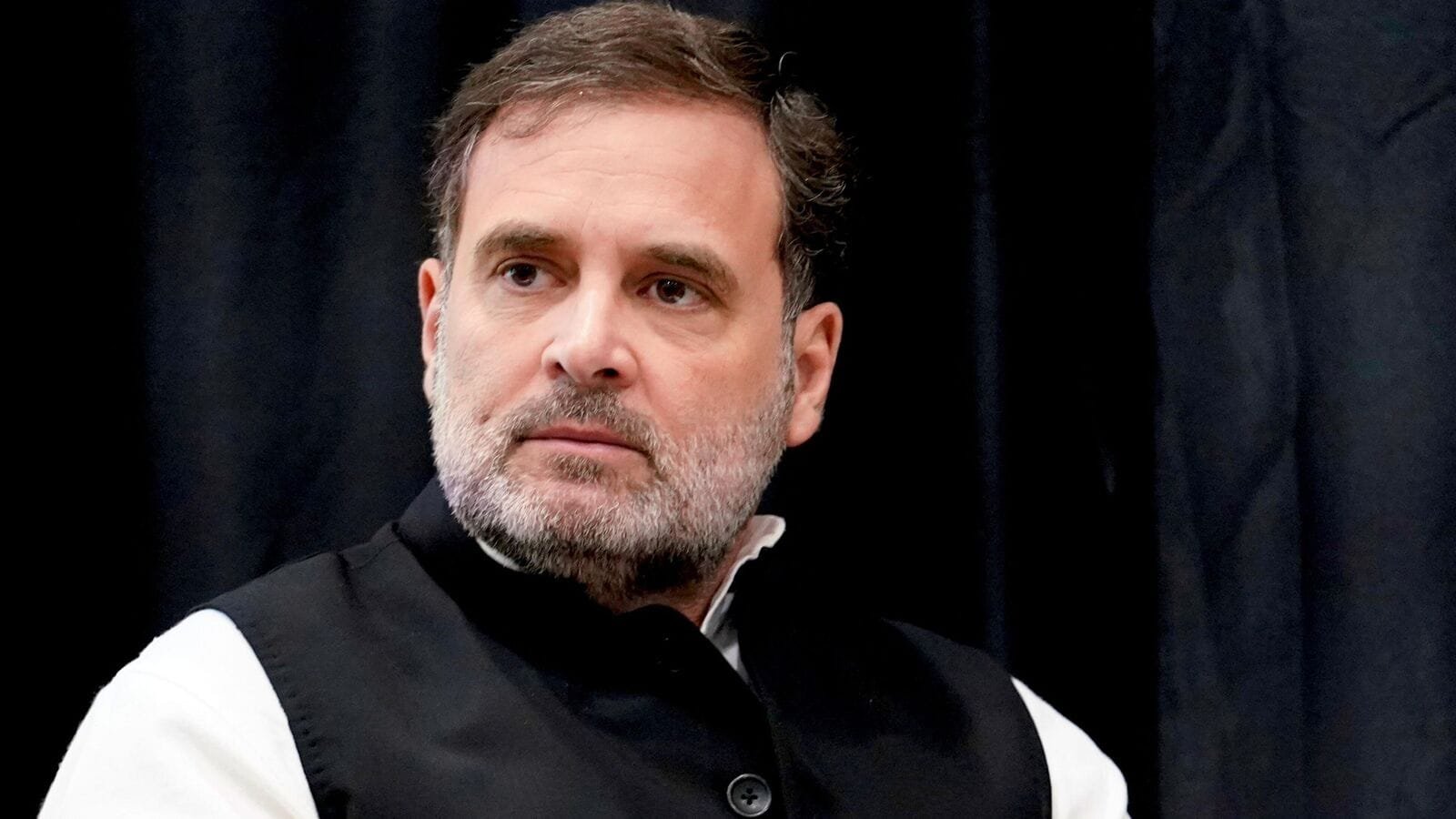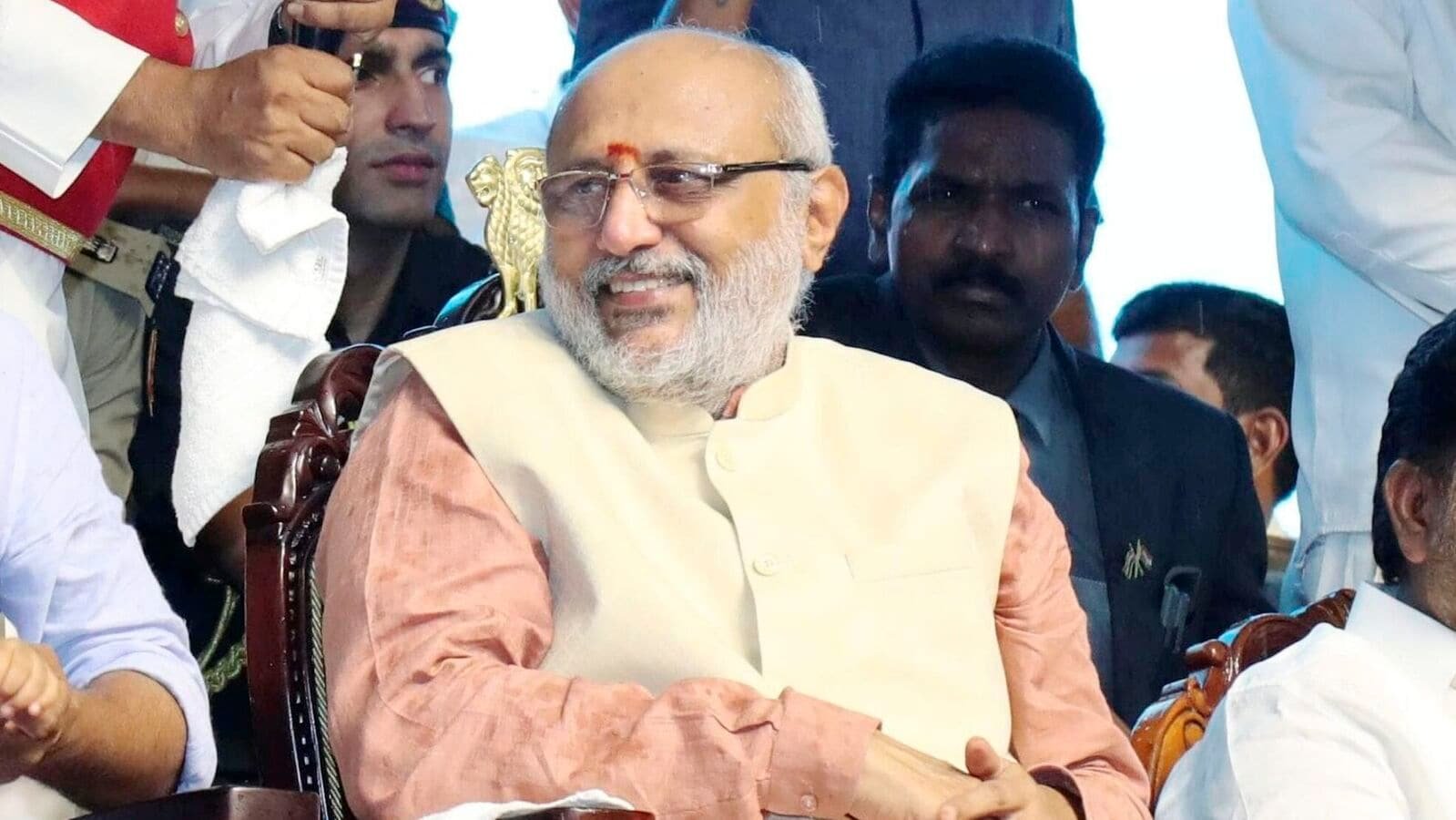So Euro 2024 did not finish with triumph for Germany. The host country’s tournament ended after a valiant 2-1 defeat to Spain on July 5th. But performances still exceeded the expectations of fans who had seen Die Mannschaft stumble to defeat against Austria and Turkey in friendly matches late last year. Hosting this year’s European football championship with little chance of success seemed to fit the sour mood of a country that an unpopular government is trying to steer through various crises. But instead, the efforts by Julian Nagelsmann, the coach, and his players ended up indicating a way to lift the country out of its malaise.
Germany has often associated footballing moments with larger political events. Take Das Wunder von Bern (the miracle of Bern) in 1954, when West Germany beat the highly favoured Hungarians to claim a first World Cup. That provided glory enough, but it also helped bring a country devastated both by war and by the scale of its political and moral failure back to its feet. It would go on to join NATO a year later, and a nascent EU two years after that.
Fast-forward to 1990 (with your German columnist carefully ignoring 1966) and the Magische Nacht von Rom (magical night of Rome), when West Germany won a third World Cup, between the fall of the Berlin Wall and reunification. Helmut Kohl, the chancellor, spoke of blühende Landschaften (sunlit uplands) awaiting the East. Franz Beckenbauer, the coach of the West German side, predicted that a team with players from East and West would be “unbeatable for years to come”. Both forecasts proved wrong.
Sixteen years later came the Sommermärchen (summer’s tale). German hearts may have been broken by defeat in the semi-finals of the 2006 World Cup, but the tournament—hosted in Germany—is remembered as a nationwide party that astonished both visitors and locals. It also started a love affair with the national team that was enriched by a near-win at Euro 2008 and culminated in a fourth World Cup (sorry, English friends) in 2014.
Off the pitch, Germany was getting used to winning, too. After struggling with reunification, stagnation, high unemployment and deficits, the economy turned a corner in 2005. What followed were 15 golden years during which employment boomed, the economy grew and deficits turned into surpluses. Henning Wehn, a comedian, captured the mood when he complained during the World Cup of 2010 that “we haven’t even been to the final of [a major tournament] for almost 24 months”.
Euro 2024 is no Sommermärchen. For a start, the national team does not inspire the same affection as those of 2006 or 2014. Unusually, many leading players—Ilkay Gündoğan, Toni Kroos and Kai Havertz among them—play their club football abroad. Manuel Neuer, the long-standing (too long-standing, say some) goalkeeper, is a year older than Mr Nagelsmann.
Meanwhile, stagnation and financial hardship have returned—and Germany is not shrugging them off. It is not about to recover from painful reforms, or drastic cuts to the welfare state. Its politicians are grappling with economic weakness, war in Europe and a new geopolitical reality—not to mention the sort of right-wing populists who are threatening to win elections in France and America, Germany’s most important allies. The fractious governing coalition is anything but a team.
Yet the tournament could again provide a fitting national parable. Last September Mr Nagelsmann took over a team in disarray. He had to make some tough choices (otherwise known as “structural reforms”), and ended up demoting some star players and introducing new faces more willing to perform particular roles. He made Mr Kroos the linchpin of Germany’s midfield and relegated Joshua Kimmich to a supportive role at right back. He then let loose two 21-year-olds, Florian Wirtz and Jamal Musiala, to cause havoc in opposing defences.
Germany’s politicians must deal with similar issues. A country in which legacy industries see themselves—not always rightly—as central to the economy has struggled to embrace new sectors and disruptive technologies. An ageing country needs to be more open to ideas from abroad and to give young talent freer rein, but the topic is dominated by populist discourse. Cuts are needed in a budget bloated by years of affluence, even as spending on defence and basic infrastructure must be boosted. Most of all, the narrative needs to change: Germany can turn a corner if it embarks on a programme of reform, even if success is not immediate.
Maybe your columnist is taking the analogy too far. Politics is not football. Mr Nagelsmann has had to cut players from his squad; Olaf Scholz, the chancellor, may have to cut handouts to millions. Still, Euro 2024 has offered a reminder of what the country can feel like when it stops bickering. As the coalition government enters its final year, it would do well to try the same.
© 2024, The Economist Newspaper Limited. All rights reserved. From The Economist, published under licence. The original content can be found on www.economist.com




